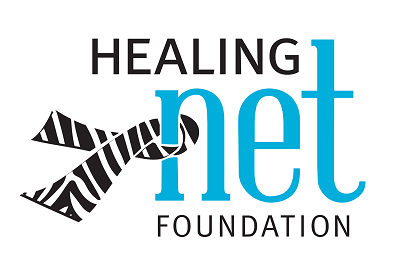Adapting to a Changing Baseline
/“When you can't change the direction of the wind, adjust your sails.”
I had to learn that what is “normal" and known about a person’s cancer changes over time. Whenever the disease progresses, there is a shift. The health baseline that we are familiar with is no longer the same. This can be an immensely emotional time for everyone. Whether there is a short-term setback, such as a small procedure, or an extensive surgery that will alter life from here on out, adjustments must be made along the way. As a caregiver, it is hard to let go of what was. We try with all our might to keep things as routine as possible. There are both physical and emotional elements to making the sometimes painful shift.
Talking with doctors and other specialists about our person’s new symptoms, needs and concerns becomes so vital to their outcome and quality of life. We make the calls, set the appointments, learn the new medication routines, keep schedules, and are constantly on alert for something that could lead to a bigger issue. In this trying situation, magic can happen when we let go of what was and really focus on what is right there in front of us.
Adjusting our sails and being the voice of reason is where the beauty in this situation lies. We can take stock of what is of value and what is not. When Jim would be up in the middle of the night with pain issues, I learned to help him get comfortable, and then we would watch Law and Order on TV. It was familiar and didn’t take much concentration. I would take the couch, and he would take the recliner. The house was otherwise quiet, and that time became somewhat sacred. We were a couple who could find the connection in the quiet.
Caregivers, our own baseline has changed as well. We must regularly reevaluate how we're doing and adjust our own markers of success. There are times we may not get a solid night’s sleep. We may not be taking our usual morning walk. Our ability to work without interruption or to plan that trip with the whole family may not be an option with our loved one’s health issues. We may still be cleaning and cooking and doing all our caretaking tasks with so much love and determination that we don’t take notice of our own baseline change. How can your mental and physical health not be affected by all of this?
I have learned that for our loved one’s health to be well maintained, we MUST maintain our own. Why? Because, quite simply, we run the show. The caretaker is often the voice of reason and the person who keeps everyone on the same page. We spend a lot of time at the helm of a rocky ship. When we are steady, everything seems to follow suit. By no longer giving too much concern to the things that don’t hold value anymore, or, at the very least, right now, we clear the way for special moments that we don’t get back. Make the best of this time. The most unexpected beauty comes from the connection we can make with our loved one in these otherwise difficult moments. The love we get to lead with is the most incredible gift. I wouldn’t know this if I didn’t live it. I will never look back on the 15 years of taking care of Jim as anything but a gift.




